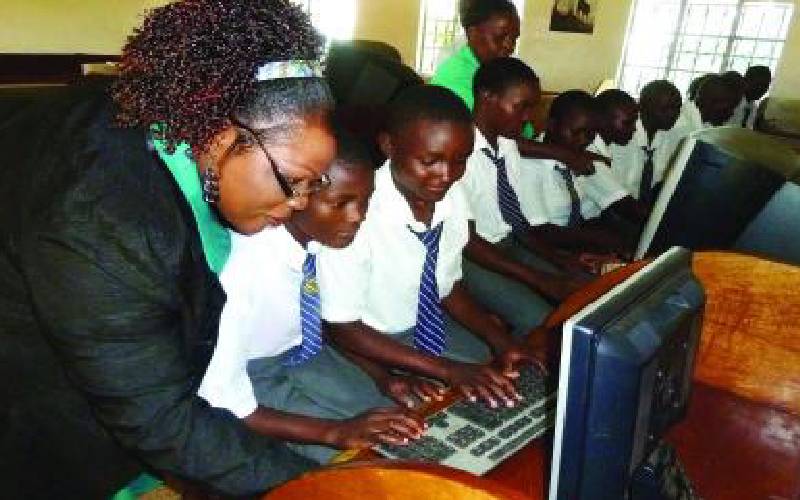×
The Standard e-Paper
Kenya’s Boldest Voice

Under the just concluded Form One admission campaign, heads say the government does not release funds to cater for essential items. [Photo, Standard]
An audit report on expenditure in secondary schools has revealed several additional costs that threaten to push up the annual fees payable per child.